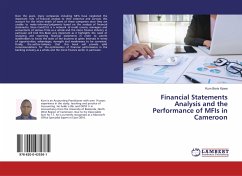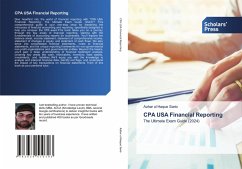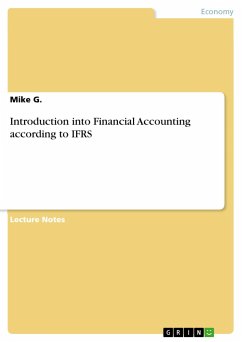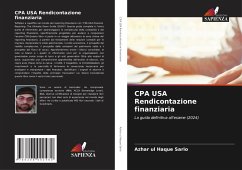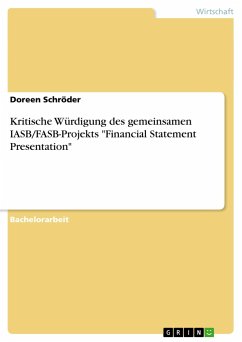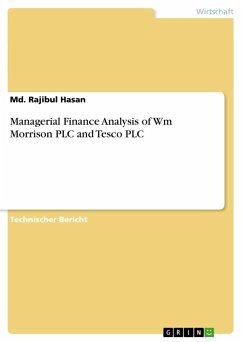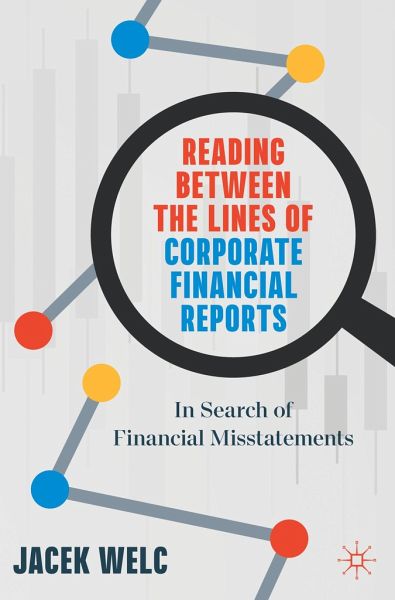
Reading Between the Lines of Corporate Financial Reports
In Search of Financial Misstatements
Versandkostenfrei!
Versandfertig in 6-10 Tagen
61,99 €
inkl. MwSt.

PAYBACK Punkte
31 °P sammeln!
This book provides a digestible step-by-step guide to reading corporate financial reports, drawing upon real-life case studies and examples of corporate collapses and accounting scandals, and applying practical tools to financial statement analysis. Appealing to a range of practitioners within corporate finance including investors, managers, and business analysts, this book is the first to specifically address the challenges facing those who are not professional accountants and auditors when examining corporate financial reports.Corporate financial reports are used widely by managers, investor...
This book provides a digestible step-by-step guide to reading corporate financial reports, drawing upon real-life case studies and examples of corporate collapses and accounting scandals, and applying practical tools to financial statement analysis. Appealing to a range of practitioners within corporate finance including investors, managers, and business analysts, this book is the first to specifically address the challenges facing those who are not professional accountants and auditors when examining corporate financial reports.
Corporate financial reports are used widely by managers, investors, creditors, and government agencies to examine company performance and evaluate potential risks. However, although seemingly an invaluable source of information for managerial decision-making, financial reports are often based on rough simplifications of a very complex reality. With no way of avoiding deliberate manipulations and fraudulent activity, these statements cannot be relied on completely when selecting stocks or evaluating credit risk, and therefore poor analysis can lead to potentially disastrous investment decisions.
The author suggests that in order to effectively interpret corporate financial reports, we must 'read between the lines' to accurately assess a company's economic performance and predict its long-term viability.
Corporate financial reports are used widely by managers, investors, creditors, and government agencies to examine company performance and evaluate potential risks. However, although seemingly an invaluable source of information for managerial decision-making, financial reports are often based on rough simplifications of a very complex reality. With no way of avoiding deliberate manipulations and fraudulent activity, these statements cannot be relied on completely when selecting stocks or evaluating credit risk, and therefore poor analysis can lead to potentially disastrous investment decisions.
The author suggests that in order to effectively interpret corporate financial reports, we must 'read between the lines' to accurately assess a company's economic performance and predict its long-term viability.



